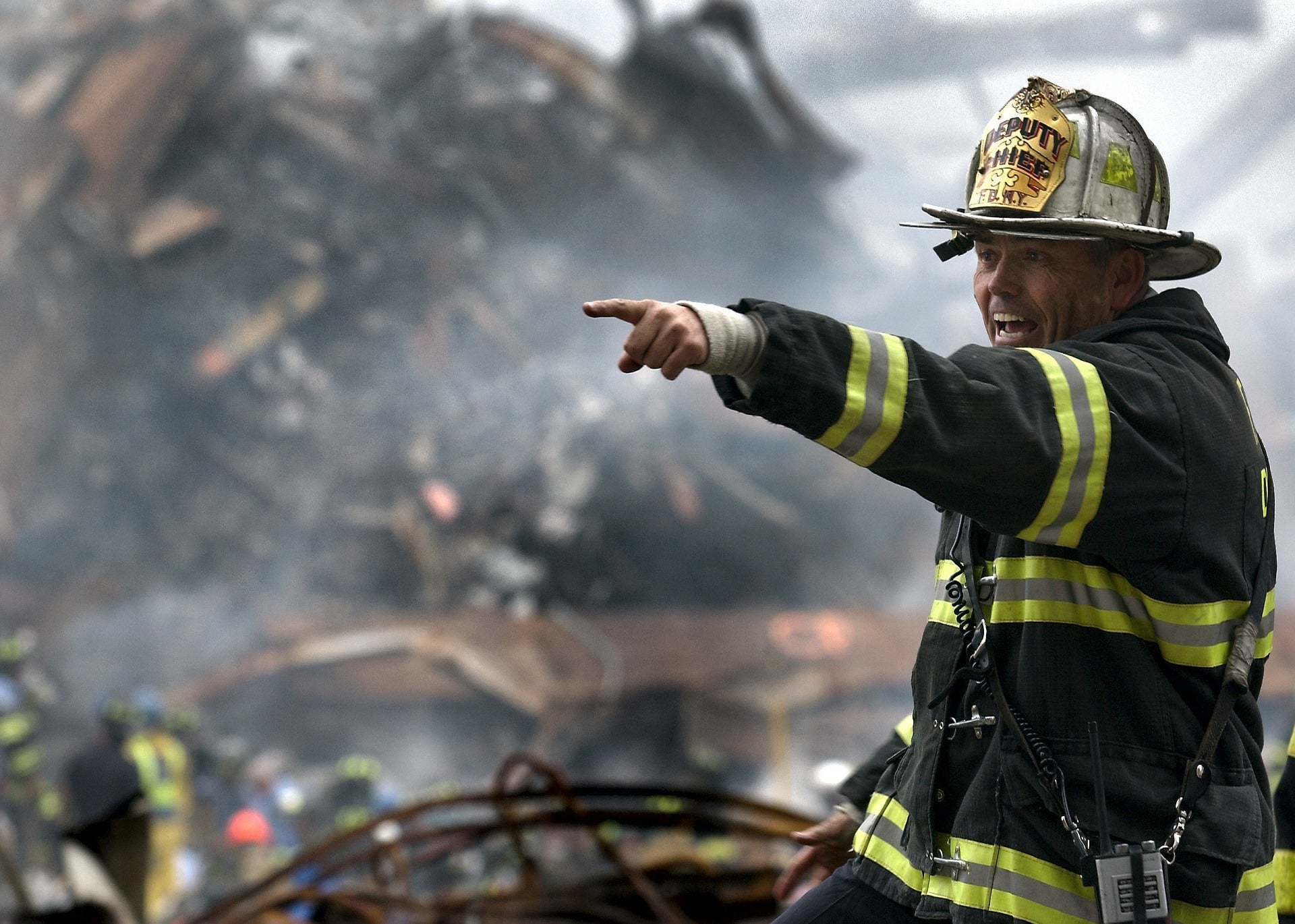Emergencies often come with little to no warning. Even when you have a bit of notice, not everyone ends up prepared. Not being prepared can be disastrous. There is a spectrum of emergency preparedness from those who do nothing to the doomsday preppers. Regardless of where you fall on that spectrum, there are a few things you should have on hand for emergencies.
1. Food
You want something that is easy to prepare and consume. Some ideas include crackers, canned meats, canned fruit, granola bars, meal replacement bars and powdered or condensed milk. You can also buy freeze-dried food or dehydrated food. According to the Red Cross, you want a 3-day supply for evacuation and a 2-week supply for home.
2. Water
You need one gallon per person, per day. You should ideally have 3-day supply for evacuation and 2-week supply for home, according to the Red Cross.
3. Flashlight
Make sure you have a chargeable flashlight option in case it goes dead.
4. Renewable Power Source
For charging flashlights, powering medical equipment (CPAP machine, etc.), powering your cell phone to contact emergency response teams and more. You want to make sure you have a renewable power source. A battery generator that has the capability to recharge through both solar panels and expansion packs is ideal.
5. First Aid Kit
In light of any falling debris or other damage, you want to make sure you have a first aid kit to take care of potential wounds.
6. A Multi-purpose Tool
If you need to pry something open, unscrew something, cut something off, etc. you will need a tool with you. A multi-purpose tool is essential.
7. Emergency Blanket
Keep a blanket stored for emergencies for potential cold weather or wet and damp situations.
8. Manual Can Opener
If you have canned foods prepared, make sure you have a manual can opener to open the items.
9. Medication or Supplies
If you have any medication needs or daily supplies like eyeglasses, syringes, contacts, baby supplies, etc. Make sure and have plenty of those included in your preparedness kit.
10. Whistle
If something happens and you have no other way of communicating with others, you want something loud enough to grab the attention of anyone that might be in your area conducting search and rescue.
No one wants to think about emergencies. Tornadoes, hurricanes, bombings, or any other man-made or natural disaster is unsettling. However, being prepared could mean the difference between life and death.

- by Bailey Martindale
Are You Ready For An Emergency?
- by Bailey Martindale
Share:
5 Ways To Utilize Portable Energy
9 Necessities for Van Life